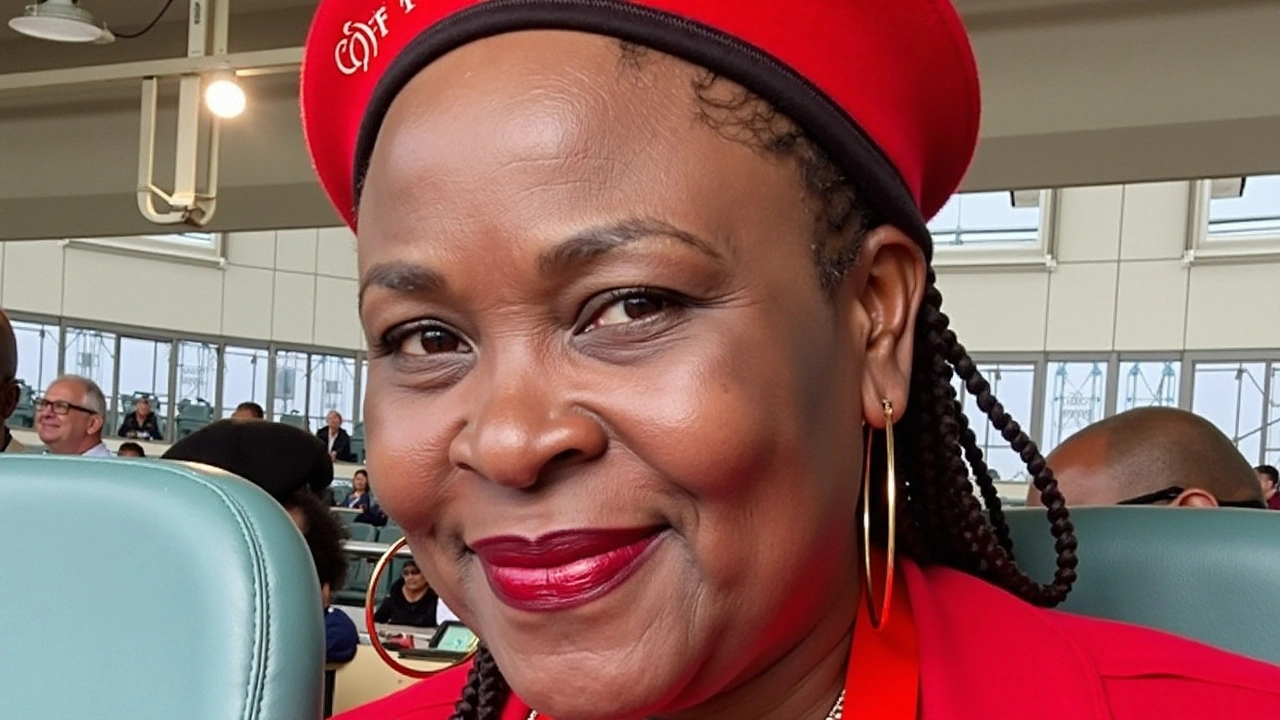Understanding Factionalism in Cape Town
If you live in Cape Town, you’ve probably noticed how local politics and community life can feel divided at times. That’s factionalism in action—a situation where groups within a larger community or political party split off, each pushing their own agenda. It’s not just a fancy word for disagreement; factionalism can shape how decisions get made, resources get shared, and conflicts play out around you.
In Cape Town, factionalism often revolves around political parties, local leaders, and influential community groups. These factions compete for power, influence, and attention, sometimes leading to tension and public disputes. Unlike simple disagreements, factions are organized groups with loyal supporters, and their conflicts can affect everything from service delivery to political stability.
Why Does Factionalism Matter?
At first glance, factionalism might seem like just another political headache. But the real impact runs deeper—especially for residents looking for reliable governance and community progress. When factions tussle over control, projects can stall, money can get redirected, and local problems don’t get solved efficiently. This means things like housing, healthcare, and public safety might not get the attention they need.
Plus, factionalism can fuel divisions in communities, making it harder for people to unite towards common goals. When neighbors or community leaders align with different factions, it can create rivalries that spill outside politics and into everyday interactions. This atmosphere may raise tensions or even feed into social unrest if left unresolved.
How to Spot Factionalism in Your Community
Wondering if factionalism is influencing your area? Look out for signs like competing groups within the same political party, frequent clashes in community meetings, or leaders switching allegiances based on shifting power dynamics. Media coverage often highlights these struggles, but you can also hear about them through community conversations and public debates.
Being aware of factionalism helps you understand the bigger picture behind local news and events. It empowers you to ask the right questions, hold leaders accountable, and support initiatives that bridge divides rather than deepen them.
Factionalism isn't going away anytime soon, but understanding it is the first step toward navigating its challenges and pushing for a more united Cape Town. When communities recognize these issues, they can work together to encourage cooperation and focus on what truly matters—improving lives and building stronger neighborhoods.
Busisiwe Mkhwebane Resigns from EFF Amidst Challenges of Factionalism and Electoral Decline
Former Public Protector Busisiwe Mkhwebane has left the Economic Freedom Fighters (EFF), a year into her membership, amidst upcoming factionalism challenges and electoral decline discussions at the party's December conference. Her resignation poses additional hurdles for the EFF, which faces internal divisions and waning electoral support.

